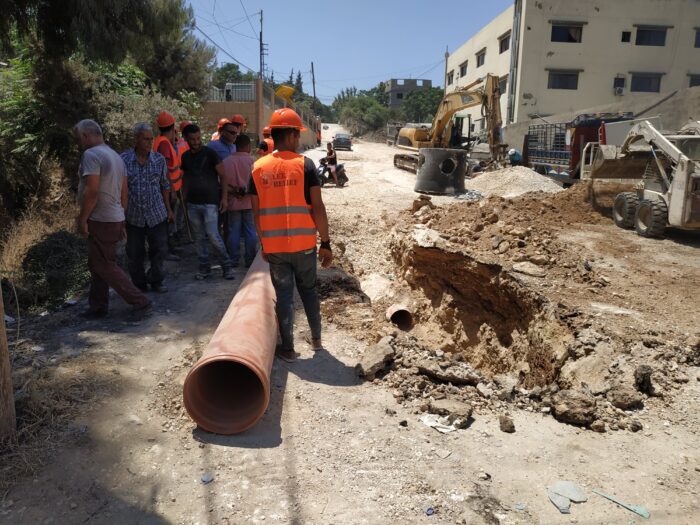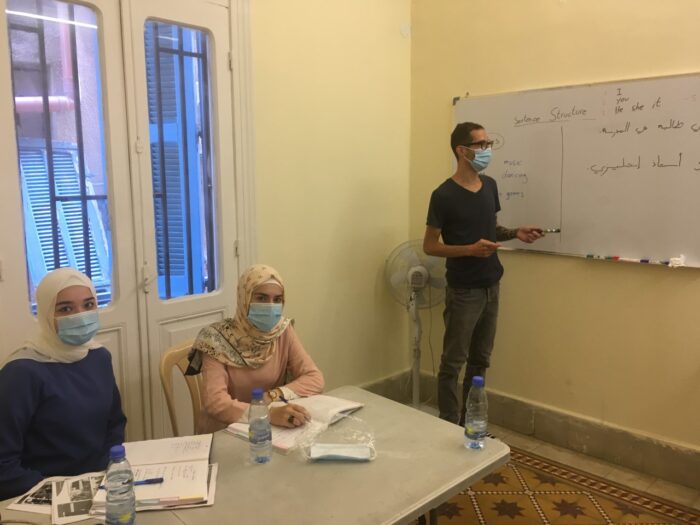Lebanon
Since 2017, we have implemented a number of development projects in Lebanon aimed at supporting local communities, improving infrastructure and educating children and young people. In particular, our work has focused on vulnerable areas where the impacts of the Syrian refugee crisis and local economic hardship have been most pronounced.
In 2018, we provided education for 279 children in the Shatila refugee camp in Beirut who were excluded from mainstream schooling due to the war. We also provided them with psychosocial support to help them overcome traumatic experiences. In addition, we offered vocational courses for 286 young girls in this area to help them acquire the necessary skills for the labour market. In the Akkar region, we supported the education of more than 200 children from the Syrian and Lebanese community to enroll in and succeed in public schools.
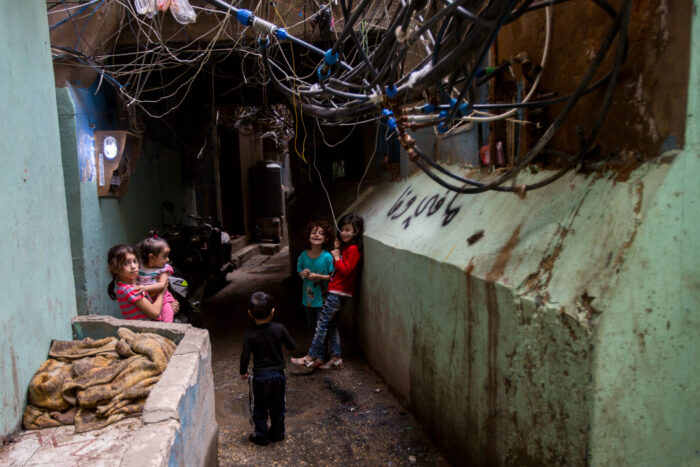
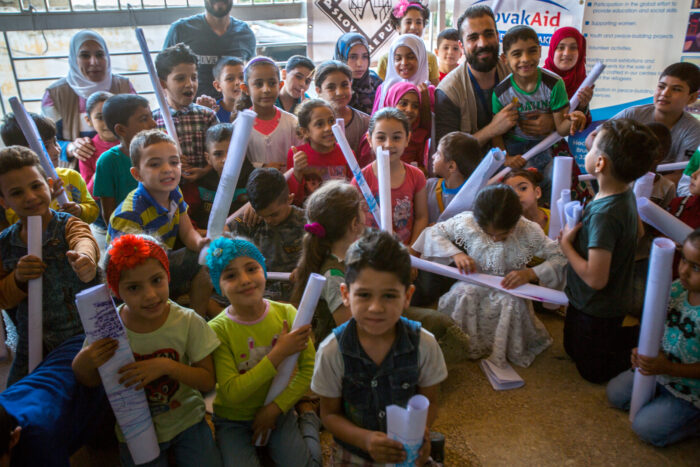
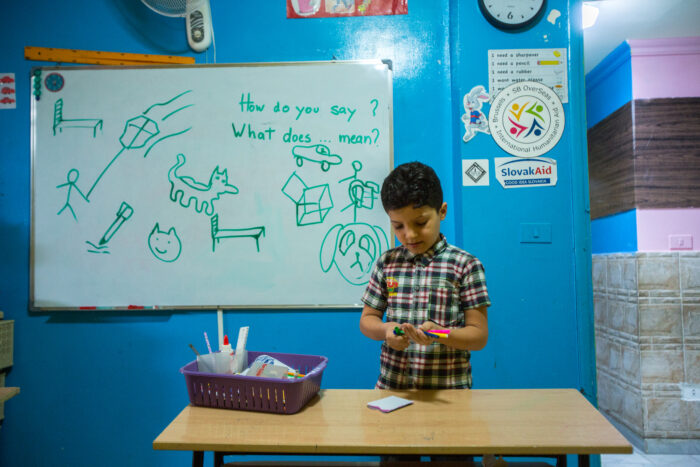
In 2019, we focused on improving educational conditions in poor communities in northern Lebanon, specifically in the Akkar area. We helped enroll 271 children in school and provided tutoring for 296 children, 270 of whom successfully advanced to higher grades. For older youth, we organized vocational courses, focusing on carpentry, barbering, beautician and tailoring, helping 45 young people to gain qualifications and find jobs.

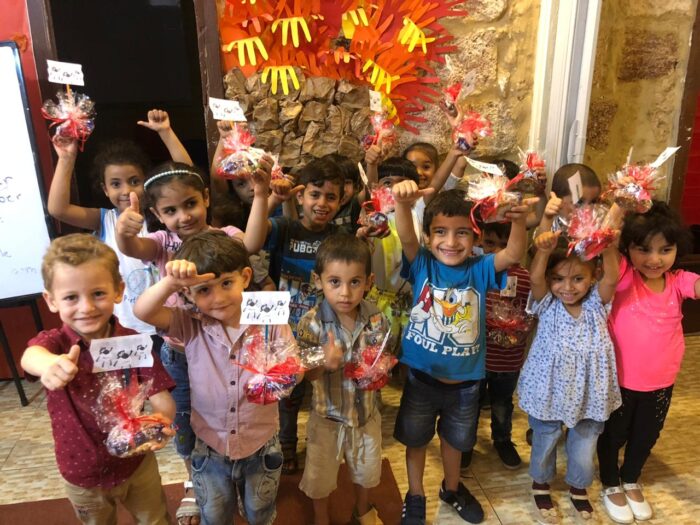
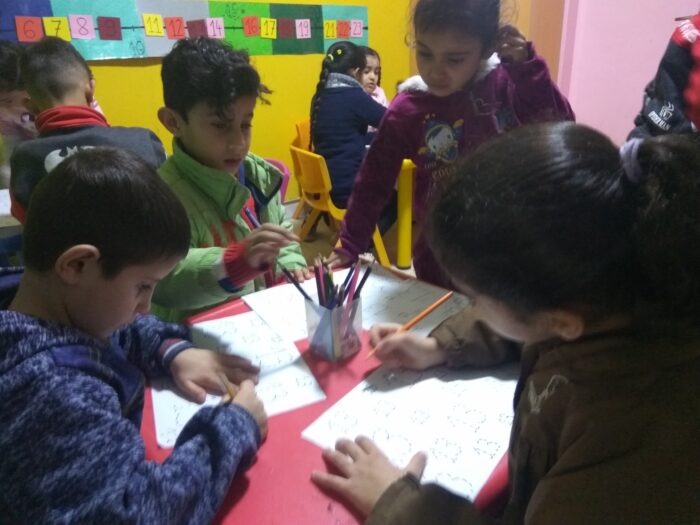
In 2021, in Tripoli, specifically in the Beddawi area, we focused on improving local infrastructure and creating jobs. We trained young people in plumbing, enabling them to improve their position in the labour market. We rehabilitated the sewage network, improving sanitation conditions for the 4,000 inhabitants of the area. In addition, we supported 10 small businesses, which created 34 new jobs.
In 2022, we continued our activities in the Tripoli area. We provided training to 87 people in plumbing, and these participants subsequently worked on drainage system renovations, which significantly improved the quality of life for local residents. Our goal was not only to improve infrastructure, but also to empower vulnerable groups economically. With the help of micro-grants, we supported local businesses, which contributed to the retention and creation of additional jobs.
In October 2023, we launched a livelihoods, food security, solarization and WASH project in Accra in collaboration with partner organization International Humanitarian Relief. The project, which will run until the end of September 2024, aims to empower vulnerable people in Lebanese and refugee communities, especially women and youth, and help them acquire the necessary skills to provide sufficient income for their households through training. We were also able to provide clean energy for 2 agricultural cooperatives and meet 50% of the energy needs at the agricultural training center. In the WASH area, we were able to build 2 rainwater harvesting systems for an agricultural training center and an agricultural cooperative, which then recycle the captured water from the rooftops into usable water, underscoring our efforts to teach the local population responsible water resource management.
